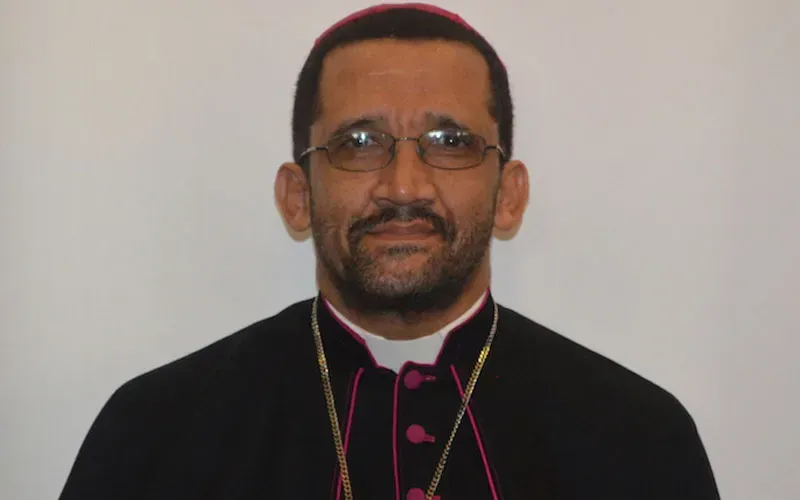Umtata, 21 April, 2022 / 9:50 pm (ACI Africa).
Members of the Symposium of Episcopal Conferences of Africa and Madagascar (SECAM) are calling on delegates attending the ongoing International Monetary Fund (IMF) and World Bank Spring meetings “to put in place viable plans for” African nations to recover from COVID-19 challenges.
In a statement signed by the First Vice President of SECAM, Bishop Sithembele Sipuka Catholic Bishops in Africa call upon delegates participating in the 2022 Spring Meetings of the IMF and World Bank to use resources at their disposal to help shape economies that promote the dignity of humanity across the world.
"We call on G20 Finance Ministers and other world leaders to gathering at the IMF/World Bank Spring Meetings to put in place viable plans for Africa to emerge from the crisis with resilience and resume progress towards the Sustainable Development Goals, African Agenda 2063 and Paris Agreement," SECAM members say in their Wednesday, April 20 statement shared with ACI Africa.
They call upon world leaders taking part in the about the April 18-24 sessions "to provide leadership and coordination efforts to bring together public and private creditors to create mechanisms to reduce the unbearable debt burdens" that some African nations are facing.
These mechanisms, the Catholic Church leaders in Africa say, "should be used for effective and immediate debt payment suspension mechanisms seeking support."








